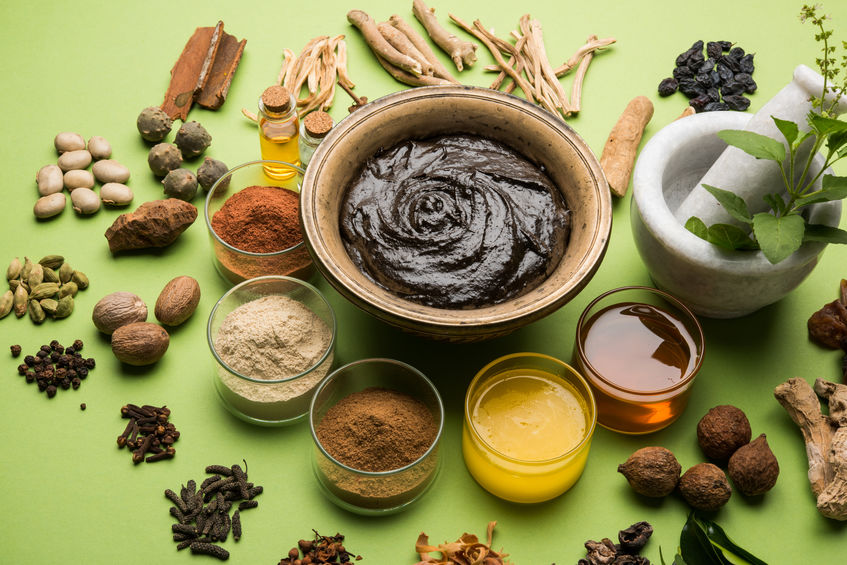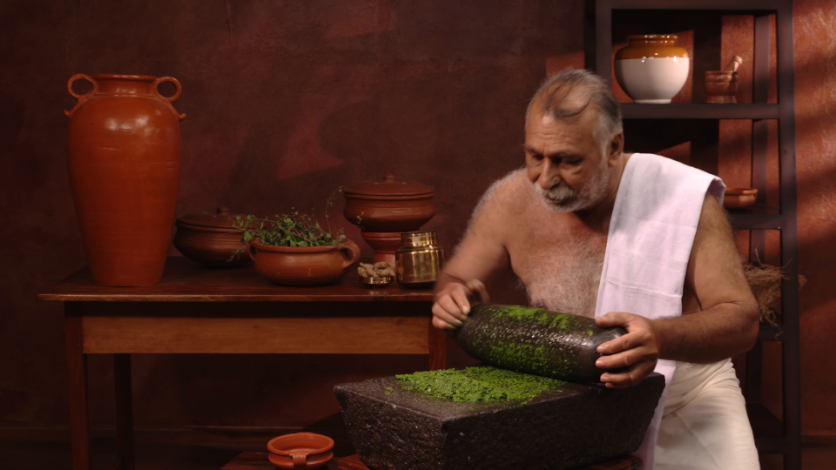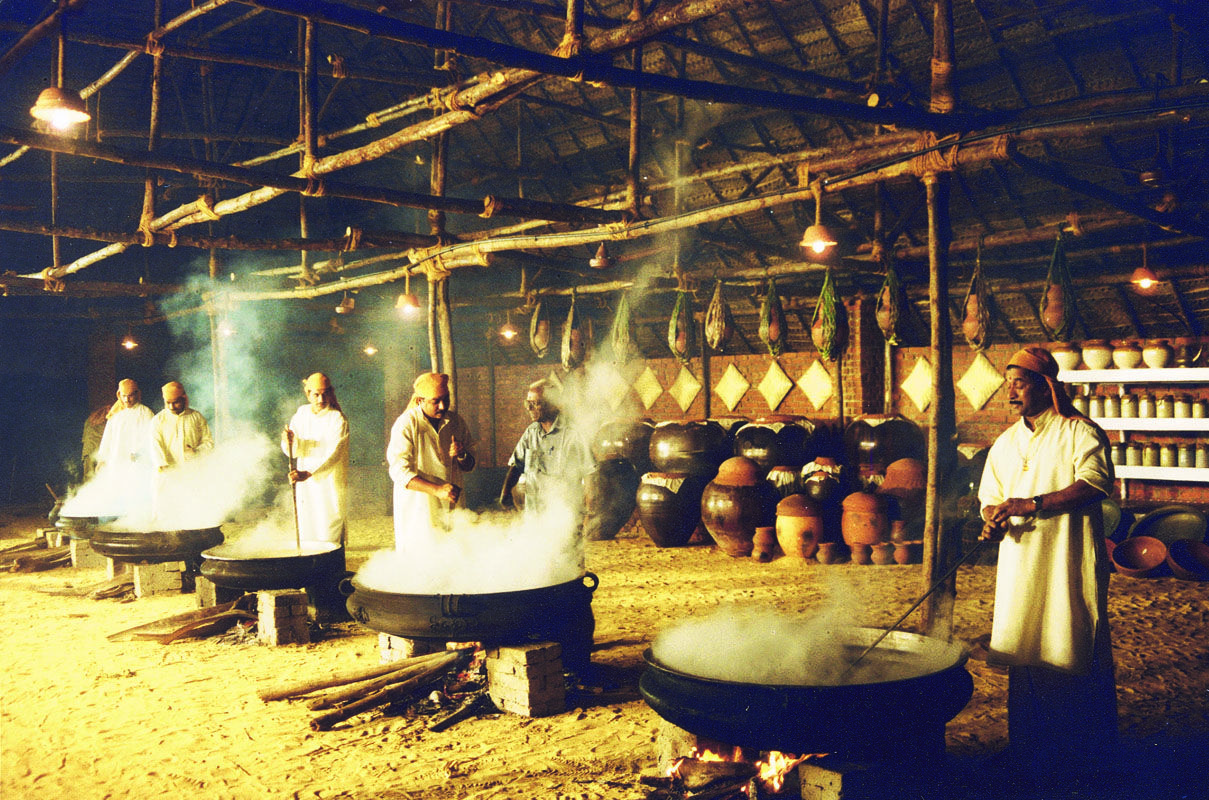Kerala, often referred to as “God’s Own Country,” is renowned for its rich cultural heritage, stunning natural beauty, and most notably, its profound contribution to the field of Ayurveda. Ayurveda, which translates to “the science of life,” is an ancient system of medicine that has been practiced in India for over 5,000 years. Kerala stands as a cradle for authentic Ayurvedic practices, and the preparation of Ayurvedic medicines here is a time-honored tradition that blends science, nature, and spirituality.
The Philosophy of Ayurveda
At the heart of Ayurveda lies the belief that health is not merely the absence of disease but a harmonious balance between mind, body, and spirit. This holistic approach to well-being forms the foundation for Ayurvedic medicine preparation in Kerala. Ayurveda classifies individuals into three primary doshas: Vata, Pitta, and Kapha, each representing different elements and qualities within the body. The preparation of Ayurvedic medicines takes into account an individual’s dosha constitution, ensuring a personalized and effective treatment.

Herbs as the Cornerstone
One of the most crucial elements in Ayurvedic medicine preparation is the use of medicinal herbs. Kerala boasts a diverse range of flora, including a variety of rare and potent herbs. The state’s tropical climate, rich soil, and abundant rainfall provide the perfect conditions for these plants to flourish. Ayurvedic practitioners in Kerala often source their herbs locally, ensuring freshness and authenticity.

Traditional Knowledge and Expertise
The preparation of Ayurvedic medicines in Kerala relies heavily on the deep-rooted traditional knowledge passed down through generations. Families with a lineage of Ayurvedic practitioners are considered the custodians of this ancient wisdom. These families often run traditional Ayurvedic pharmacies known as “Oushadhi Kalari” or “Oushadhi Vaidyasala,” where medicines are prepared following age-old recipes and techniques.
The Preparation Process
- Herb Collection: The first step involves carefully selecting and gathering the necessary herbs. Each herb is chosen for its specific therapeutic properties and compatibility with the patient’s dosha.
- Cleaning and Sorting: The herbs are meticulously cleaned to remove any impurities or foreign substances. They are then sorted and separated based on their intended use.
- Drying: Most herbs are dried to remove excess moisture. This not only prolongs their shelf life but also concentrates their active compounds.
- Grinding and Mixing: The dried herbs are ground into fine powders using traditional grinding methods. These powders are then mixed according to the prescribed formula, with precise measurements.
- Extraction: Depending on the type of medicine being prepared, the active compounds are extracted from the powdered herbs using specific methods like decoction, fermentation, or distillation.
- Formulation: The extracted compounds are carefully combined to create a medicine that aligns with the patient’s dosha and ailment.
- Purification: Some Ayurvedic medicines undergo purification processes to enhance their potency and reduce potential side effects.
- Storage: The final product is stored in airtight containers away from direct sunlight and moisture to maintain its efficacy.

The preparation of Ayurvedic medicine in Kerala is not just a scientific process; it’s a spiritual journey deeply rooted in tradition, nature, and the ancient wisdom of Ayurveda. With a focus on personalized treatments, Kerala’s Ayurvedic practitioners continue to provide effective remedies that promote holistic well-being. This timeless practice exemplifies the enduring relevance and significance of Ayurveda in modern healthcare, making Kerala a beacon of hope for those seeking natural, holistic healing.


